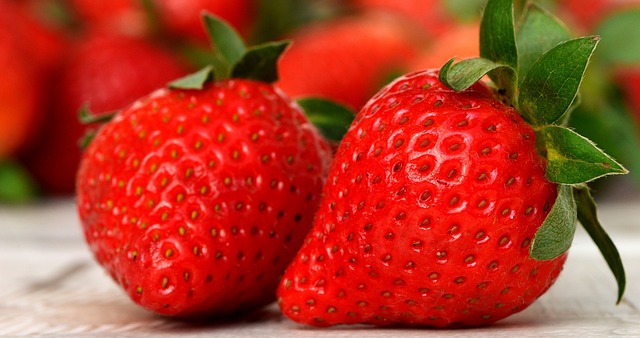The Ultimate Guide to Probiotics: Everything You Need to Know
Probiotics are living microorganisms that provide a wide range of health benefits when consumed in adequate amounts. They are often referred to as “good bacteria” and can be found in certain foods and dietary supplements.
What are Probiotics?
Probiotics are live microorganisms that are beneficial to our health, especially for our digestive and immune systems. These microorganisms can be bacteria, yeast, or other types of organisms that live naturally in our bodies.
The word “probiotic,” which comes from the Greek words pro and bios, means “for life.” Probiotics were first discovered in the early 20th century by a Russian scientist named Elie Metchnikoff. He observed that Bulgarian peasants who consumed fermented milk products containing beneficial lactic acid bacteria lived longer and healthier lives.
The Benefits of Probiotics
The potential benefits of probiotics are numerous and may include:
- Improved digestive health by balancing gut microbiota and reducing digestive disorders
- Enhanced immune function by preventing harmful microorganisms from growing in the gut
- Reduced inflammation and overall better health
Research also suggests that probiotics may provide relief for individuals with certain health conditions such as irritable bowel syndrome (IBS), inflammatory bowel disease (IBD), and even mental health disorders such as anxiety and depression.
Sources of Probiotics
Probiotics can be found in a variety of foods including:
- Yogurt – contains live and active cultures of beneficial bacteria such as Lactobacillus and Bifidobacterium
- Kefir – fermented milk that contains a variety of probiotic strains
- Kimchi – a Korean fermented vegetable dish that contains live bacteria such as Lactobacillus and Bifidobacterium
- Sauerkraut – fermented cabbage that contains live bacteria such as Lactobacillus
- Miso – a Japanese seasoning made from fermented soybeans that contains live bacteria such as Lactobacillus and Bifidobacterium
- Tempeh – a soybean-based food that contains live bacteria such as Bifidobacterium
In addition to these foods, probiotics can also be found in dietary supplements such as capsules, tablets, and powders. However, it is important to note that the quality and effectiveness of these supplements can vary widely.
Choosing the Right Probiotic Supplement
If you are considering taking a probiotic supplement, it is important to choose the right one for your needs. Some factors to consider when selecting a probiotic supplement include:
- The number and type of probiotic strains
- The potency or number of colony forming units (CFUs)
- The form of the supplement (capsule, tablet, or powder)
- The storage and expiration instructions
It is also important to consult with a healthcare professional before starting any new supplement regimen, especially if you have a pre-existing medical condition or are taking prescription medications.
The Bottom Line
Probiotics can be a valuable addition to a healthy diet and lifestyle. Whether you choose to consume probiotics through food or supplements, it is important to choose high-quality sources and consult with a healthcare professional if you have any concerns.







